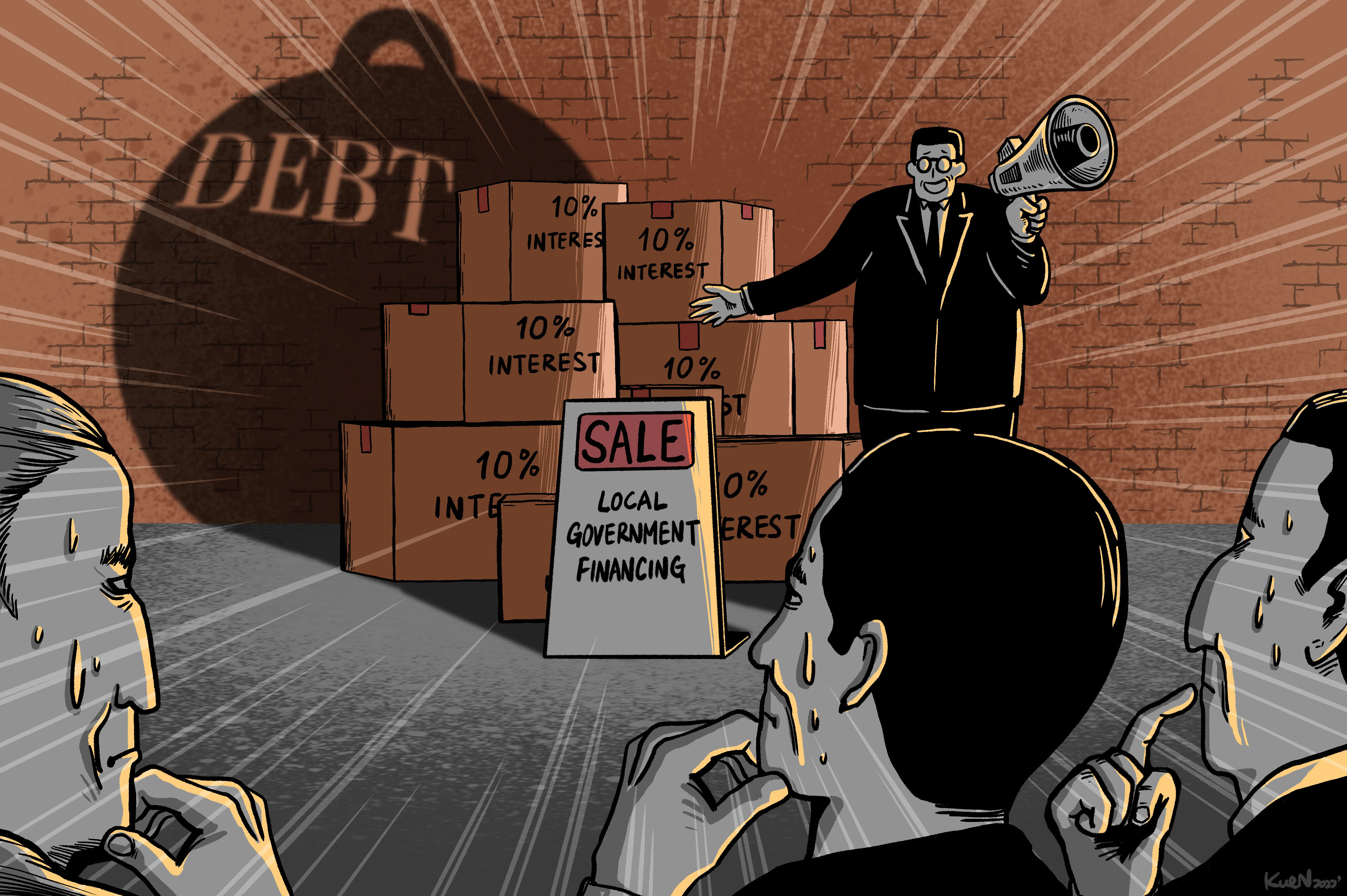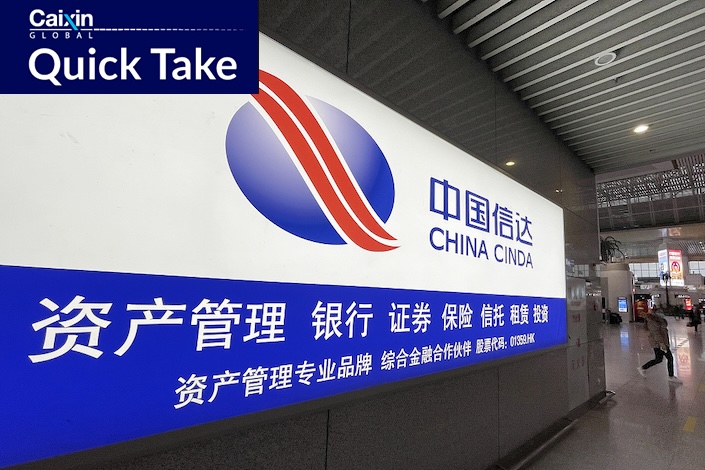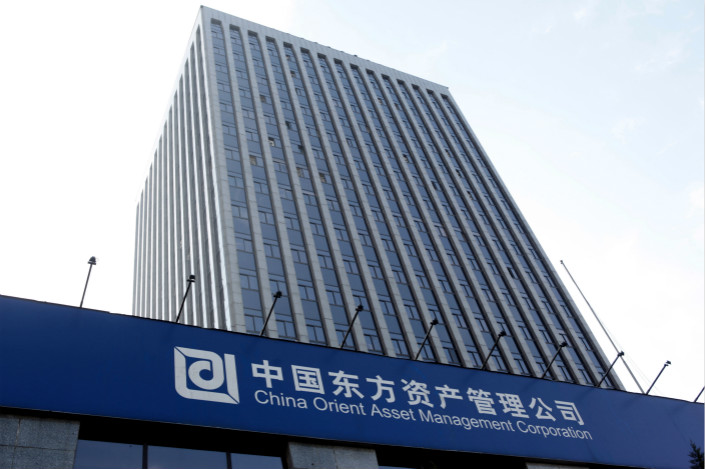
China removes state media article on plans to merge bad debt asset managers with sovereign wealth fund
- The initial plan to put China Cinda Asset Management, China Orient Asset Management and China Great Wall Asset Management under the management of China Investment Corp would reportedly happen “in the near future,” Xinhua Finance had reported Sunday.
- Beijing’s actions follow a stock market rout amid burgeoning financial risks stemming from a debt crisis in its real estate sector.

China state media removed a story that initially reported that Beijing plans to merge its largest state-owned bad debt asset managers with China Investment Corp, one of the world’s largest sovereign fund.
The initial report was published Sunday by Xinhua Finance.
 It cited unidentified sources as saying the plan to bring China Cinda Asset Management,
China Orient Asset Management and China Great Wall Asset Management
under CIC could happen “in the near future” as part of a plan to reform
institutions.
It cited unidentified sources as saying the plan to bring China Cinda Asset Management,
China Orient Asset Management and China Great Wall Asset Management
under CIC could happen “in the near future” as part of a plan to reform
institutions.
 No other details were provided.
No other details were provided.
 The original
story in Chinese appears to have been subsequently removed from Xinhua’s
website later Monday and is no longer available online. China
Investment Corp did not immediately respond to CNBC’s request for
comment.
The original
story in Chinese appears to have been subsequently removed from Xinhua’s
website later Monday and is no longer available online. China
Investment Corp did not immediately respond to CNBC’s request for
comment.
This initial announcement, along with another by China’s securities regulator on Sunday that it’s suspending the lending of restricted shares starting Monday, underscores Beijing’s pledge last week to strengthen the “inherent stability” of its capital markets and improve market confidence.
Beijing’s actions follow a stock market rout amid burgeoning financial risks stemming from a debt crisis in its real estate sector. Last week, China’s central bank announced its largest cut in mandatory cash reserves for banks since 2021. It also announced a fresh policy mandate aimed at easing the cash crunch for Chinese developers.
The property market slumped after Beijing cracked down on developers’ high reliance on debt for growth in 2020, weighing on consumer growth and broader growth in the world’s second-largest economy.
China’s real estate troubles are closely intertwined with local government finances since they typically relied on land sales to developers for a significant portion of revenue.







No comments:
Post a Comment
Note: Only a member of this blog may post a comment.